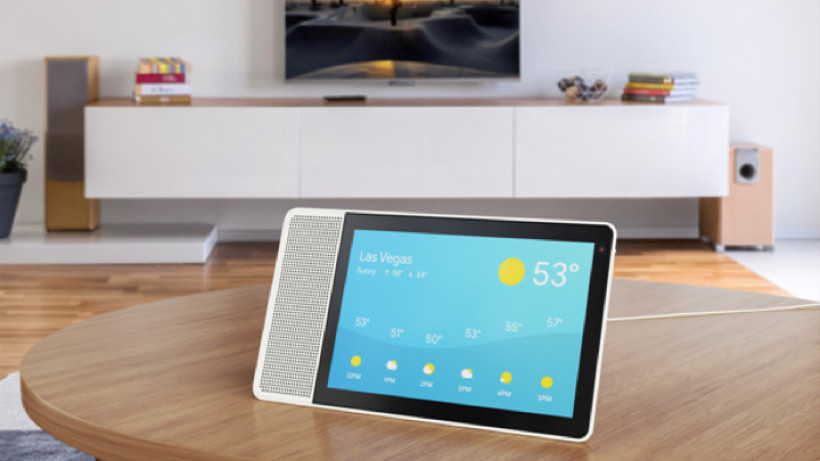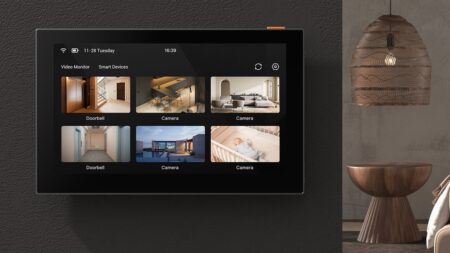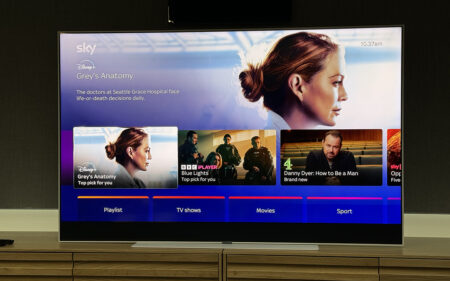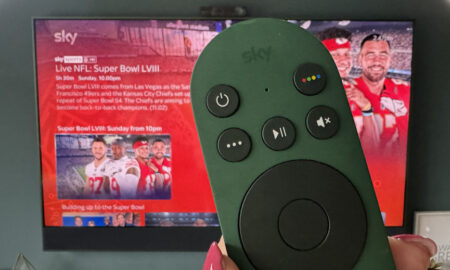Expect to see the number of devices with assistants inside snowball
Qualcomm announced a lot of new technologies and platforms at the big tech expo CES (as per) and before we lose you, here’s the gist: the smart home came out the big winner. Expect to see a stampede of voice controlled devices in 2018, a lot of them powered by Qualcomm’s new home and audio focused platforms.
The headline news was its Home Hub platform which is designed to help manufacturers build smart home devices with Google Assistant inside quickly and cost-effectively. One of Qualcomm’s new system-on-chips (SoCs) is aimed at smartening up fridges, washing machines and ovens with Google Assistant and built-in speakers.
The second SoC is for powering home devices with displays – including the new smart displays as well as smart security cameras, smart thermostats and ‘security panels’. It supports video and audio streaming and video calls – the first device we’ve seen built on this is the Lenovo Smart Display and Harman Kardon is also working on a Home Hub-powered Google Assistant device.
Both work with Google’s Android Things initiative, support Wi-Fi and Bluetooth and feature edge computing capabilities which means the processing – of security camera footage, say – will take place on the device itself. Qualcomm expects gadgets and appliances running on its Home Hub platform to launch in the first half of 2018.
Smart Audio
Qualcomm hasn’t forgotten about Alexa, though. That’s where Smart Audio comes in, a platform specifically for smart speakers which supports Amazon Alexa, Google Assistant and also Microsoft’s Cortana. Again, the idea is to make it easier and cheaper for tech manufacturers to build smart speakers and LG’s ThinQ speaker, which features Google Assistant, is the first showcase we’ve seen.
Qualcomm’s reference design for the Alexa Voice Service features detection for six far-field mics, echo cancellation, “Hi-Fi audio playback” with aptX plus Bluetooth Low Energy and dual band Wi-Fi. The development kit is live now but we’ve yet to see any third party Alexa speakers using the platform.
The story is much the same for Cortana which arguably needs this tech boost from the Smart Audio platform the most out of the three voice assistants. Again, it’s designed to be used in smart speakers and we should expect the first devices in the first half of 2018 – no confirmed names yet.





